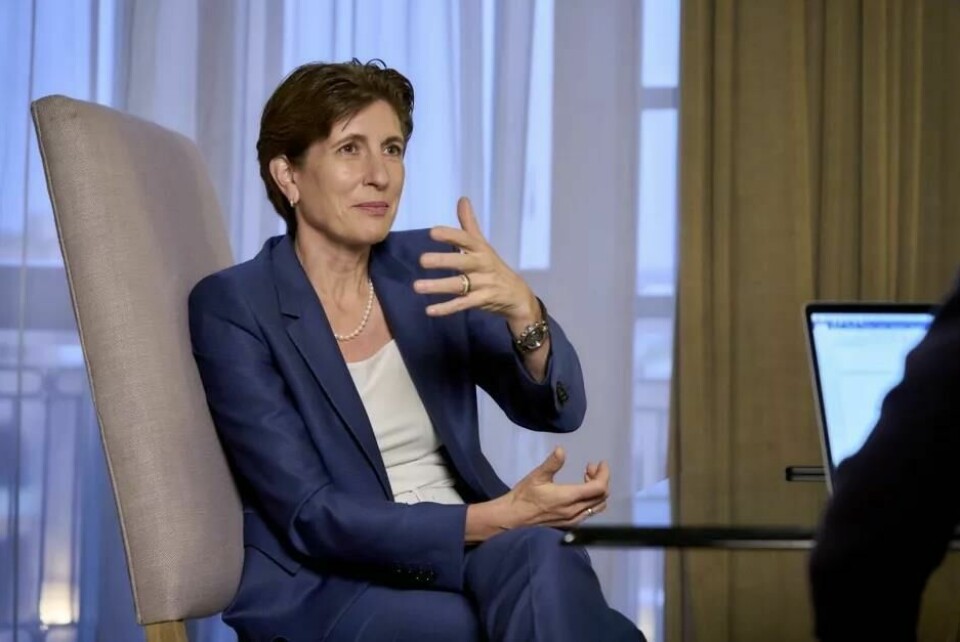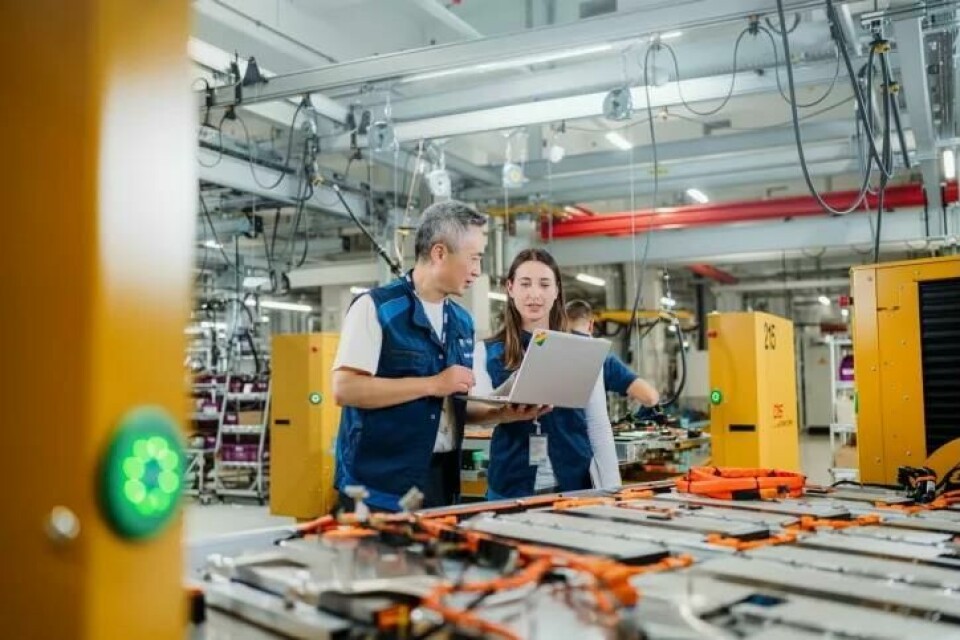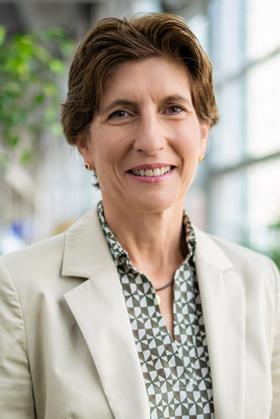BMW drives CO2 reduction with workforce engagement: Transformation only succeeds with head and heart
The BMW Group is driving forward decarbonisation, digitalisation and modern leadership with ambitious CO2 targets and a clear strategy. Human Resources Board Member Ilka Horstmeier outlines the economic policy opportunities and challenges in this Q&A.

Ms. Horstmeier, the BMW Group has ambitious goals in terms of reducing CO2 emissions. How do you ensure that this is not only anchored at management level, but also implemented operationally?
First of all, it is important to understand that responsible action is not a new topic at BMW. Back in the 1970s, we were one of the first German companies to introduce an environmental protection officer. A lot has happened since then. Electrification and decarbonisation are an integral part of our corporate strategy. However, it is not just about strategies and targets, it is also about reaching people’s heads and hearts.
The workforce must understand why this change is important. We set clear goals: By 2030, we want to reduce our total CO2 footprint per vehicle over its entire life cycle by 40 per cent compared to 2019. And we will then integrate these goals into the Executive Board remuneration.
But credibility only arises when we show that these strategies are being consistently implemented. For example, we set up battery production in Dingolfing years ago. Such milestones build trust and show that we as a company are not just demanding change, but are actively driving it forward.
Such trust is crucial, especially in the transformation of the main plant in Munich. What role does communication with employees play in this?
Communication is key in such processes. When we announced in 2020 that we would transform the Munich plant, it was clear to us that this would be a major challenge for the workforce. We involved employees from the very beginning and showed them perspectives. Today, just four years later, the new building for the Neue Klasse is already there . Such developments show that change is possible - if you take people along with you.
”The world is turning faster and the challenges are becoming more complex. That is why managers must ensure resilience and be prepared to learn continuously - this applies to themselves and also to the teams they lead”
Qualifications and international networking
Digital transformation brings massive changes to jobs. How is the BMW Group preparing its employees for this?
We invest over 400 million euros annually in training and education. One example is our Digital Boost initiative, which has trained 80,000 employees in basic digitalisation skills - from AI to cybersecurity to cloud technologies. In addition, we create places where teams can try out new tools and gain practical experience.
It is crucial not only to impart knowledge, but also to offer spaces for creativity and experimentation.
How do you promote the cultural and professional integration of employees in the international production network?
Our network is a central building block of the transformation. One example is the exchange between our locations. Specialists from Mexico and Bavaria work in Hungary to train the workforce there and later bring their experiences back to their home plants. This exchange breaks down prejudices, promotes cultural understanding and supports the integration of new technologies.
More BMW Stories
- A class of its own: transforming BMW production for next-gen EVs
- BMW conquers Mexico with sustainable production
- Smart Factory: BMW’s digital production at San Luis Potosi, Mexico
- How BMW is ramping up its circular production principles
Keyword ‘recruitment’ : How does the BMW Group succeed in the global competition for talent?
Our attractiveness as an employer is based on the fact that we offer challenges that are technologically demanding and socially relevant. To do this, we empower our employees, create good work and development opportunities, pay well - and fairly - and are a reliable employer even in difficult times. Digital platforms now play a central role in recruiting. We use virtual career fairs, staggered interviews and digital tools such as chatbots to attract talent worldwide. At the same time, we rely on regional
IT hubs in Portugal, South Africa, China and India to work directly with the best talent on site.

Leadership in times of change
Responsibility and trust are key concepts in your leadership culture. What expectations do you have of your managers?
Today, leadership is not a question of hierarchies, but of attitude. Empathy and emotional competence are essential to taking employees along in uncertain times. At the same time, we expect decisiveness and the ability to implement. The world is turning faster and the challenges are becoming more complex. That is why managers must ensure resilience and be prepared to learn continuously - this applies to themselves and also to the teams they lead.
What motivates you personally to drive this change?
The responsibility of being part of a team that is leading a company that is over a hundred years old into the future is a great motivation. BMW has always been a pioneer in the industry and this role drives us. We are making the BMW Group electric, digital and circular in order to lead individual mobility into the future. Our employees around the world work to achieve this with great competence and passion.



